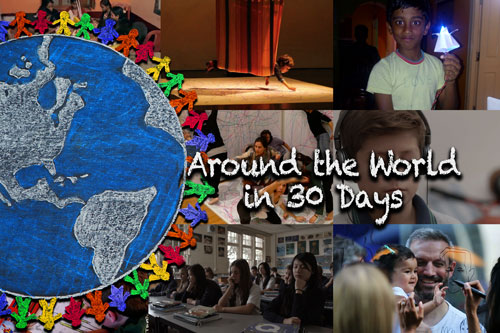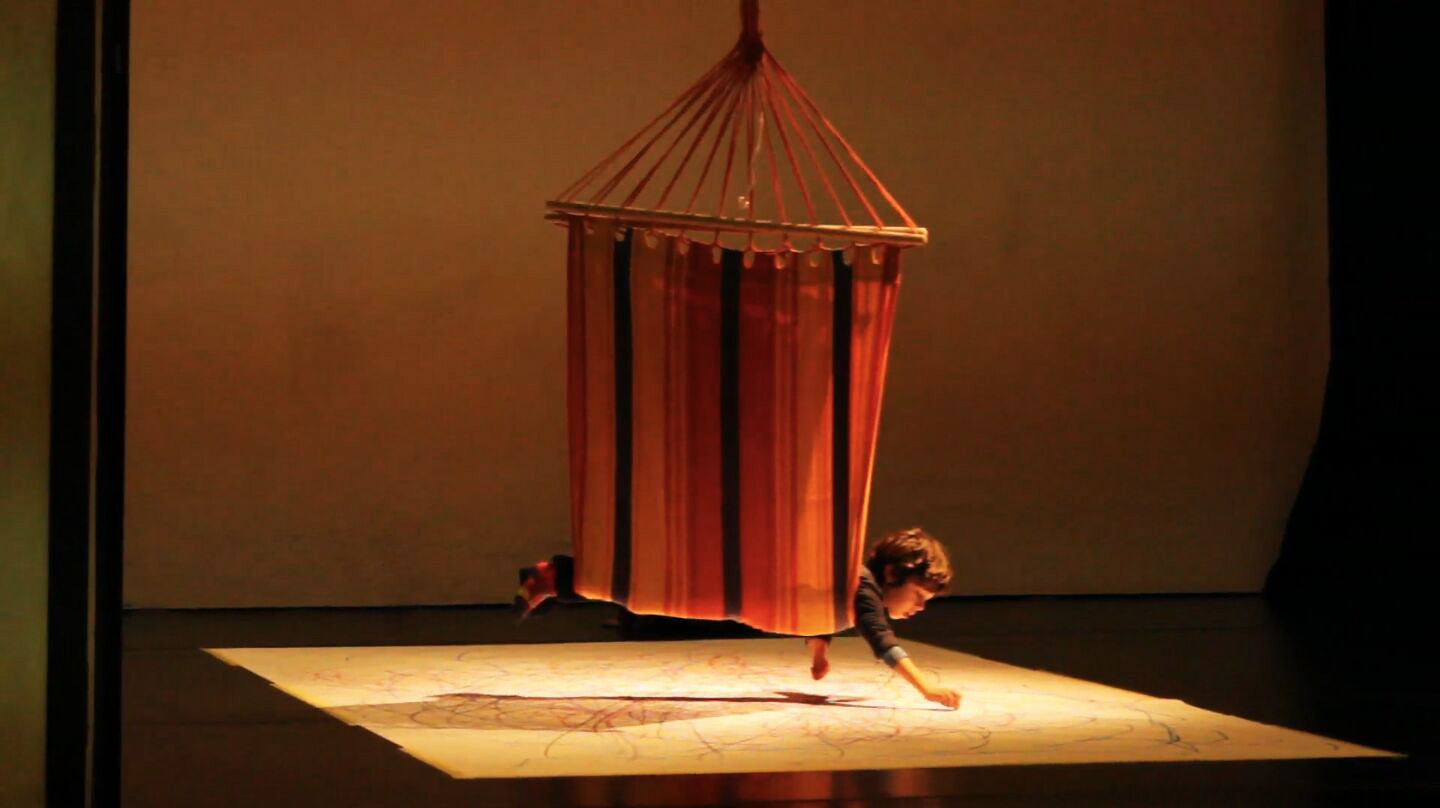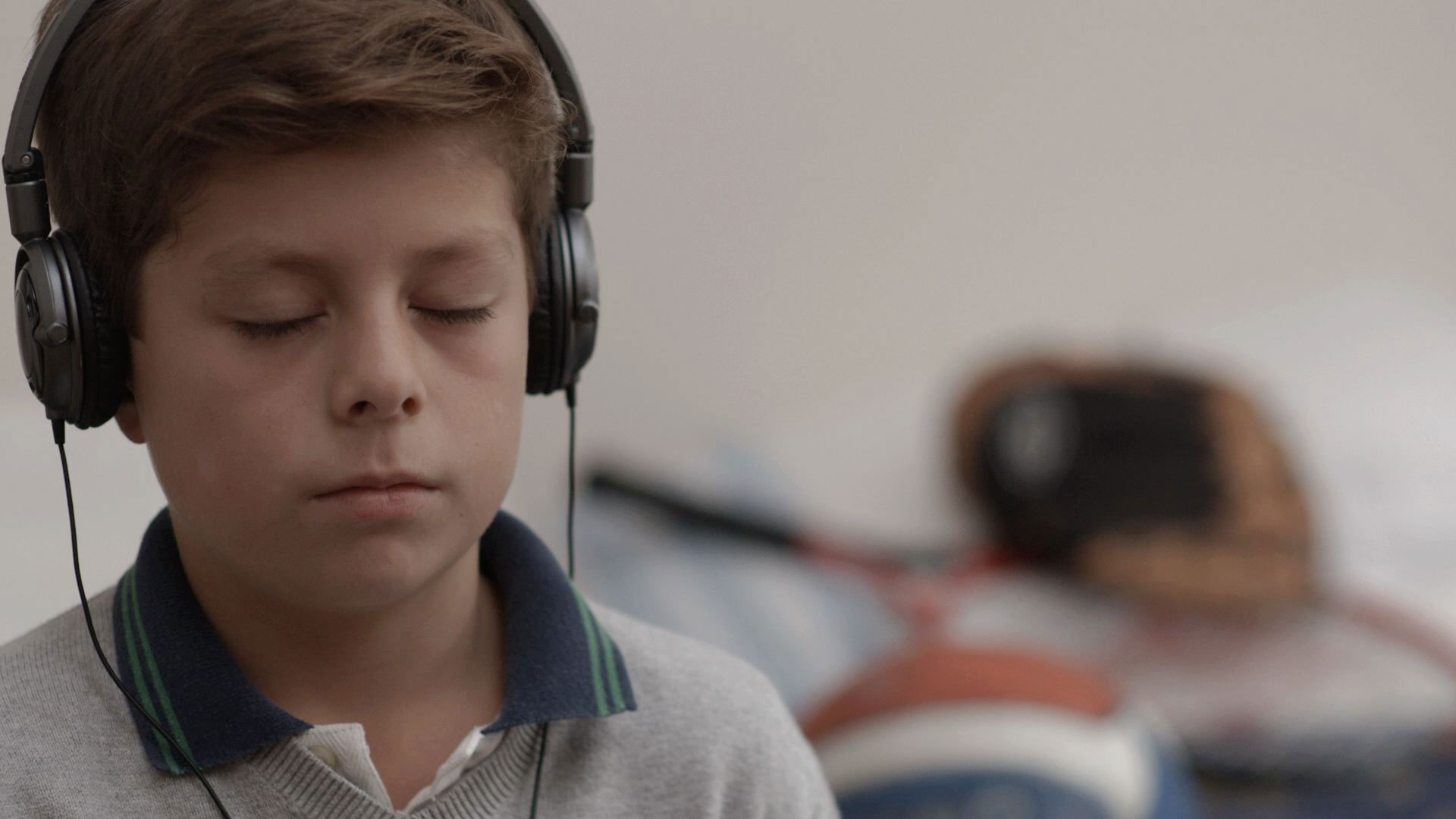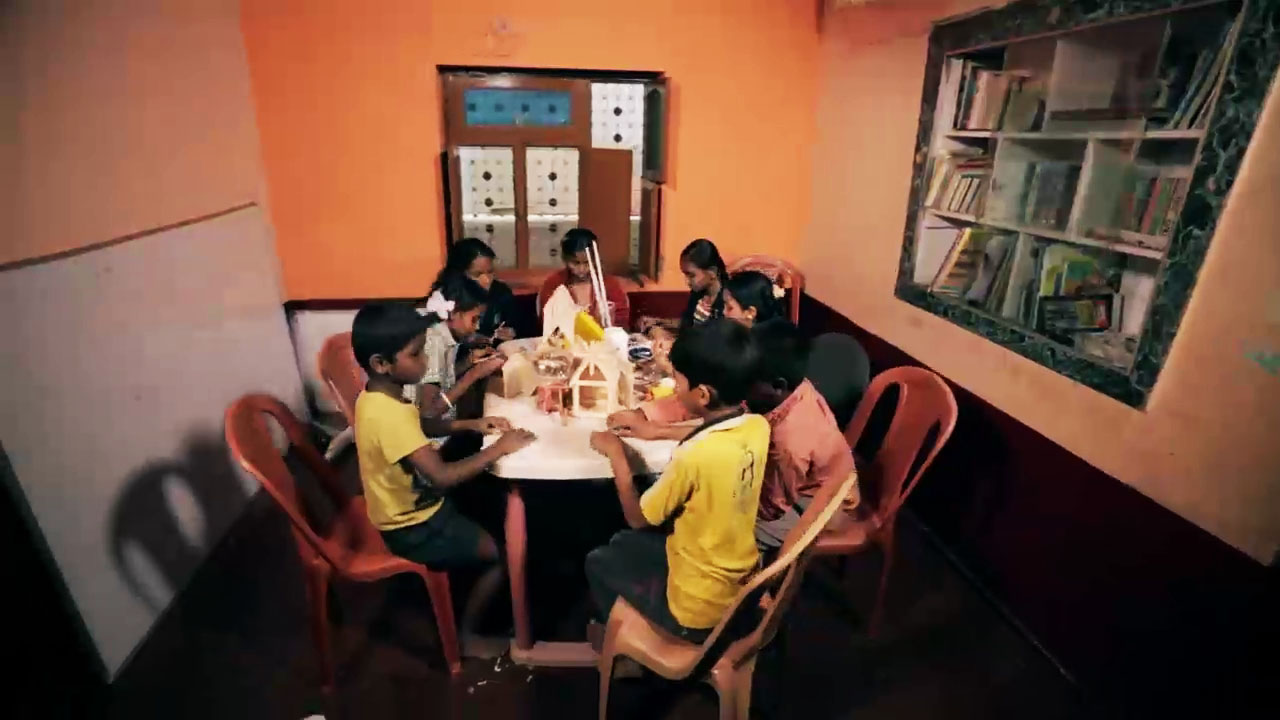C. M. Rubin’s Global Education Report
The Dalai Lama once said, “If every 8 year old is taught meditation, we will eliminate violence from the world within one generation.” Mindfulness has become much more relevant and effective in a constantly changing environment. Clinical psychologist Dr. Addie Wootten insists that inducting young children into the principles of mindfulness early on in education allows them to focus more in class, improve their learning outcomes and build healthier and more constructive relationships with all those around them. Addie is a well-known leader in delivering innovative programs to promote wellbeing. She is also the CEO of Smiling Mind. The Global Search for Education welcomed Addie to talk about the numerous benefits of practicing mindfulness, the challenges to implementing good programs in classrooms, and how good practice can help every mind thrive in a modern world.
India’s rural schools struggle with high rates of teacher absences and student dropouts. How do you educate youth without sufficient government funding, resources and teachers? This month The Global Search for Education welcomed Abhijit Sinha, the founder of Project Defy. Sinha believes fixing the education problem in India is about defying tradition. Why not allow youth to design their own education using the Internet and their community to support their learning? His model puts the power of learning into the hands of the learner. The learner identifies an interest or passion and then gets started with an outreach manager on the learning journey via a Nook or “learning space”. Nooks enable quality learning “due to better content on the internet and the grounding of the learner’s own interests and needs as the source of their motivation.” The learners learn collaboratively with their peers and local community instead of traditional teachers. They learn what they want and need, and ignore what they believe isn’t relevant to curricula. Sinha says, “Learners fare better in the Nook if they work together, whereas students fare better in schools if they do better than others.” A total of 8 Nooks currently exist and 11 more are in development.
Wanted: Learning that nurtures innovation, creativity and entrepreneurship. These skills play an essential role in helping us to flourish in a 21st century world. Art without rules or boundaries in which the body and mind are free to explore and innovate, minus stereotypical constraints, can be a powerful and inclusive way to develop and stimulate individual thinking. Alessandro Lumare is a visual artist. Simona Lobefaro is a choreographer. Their research project – Segni Mossi – was born in 2014 in Rome to study the relationship and common ground between the languages of drawing and dance with children and adults. The focus of their program is on nurturing creativity and social emotional learning inspired by these art forms within a safe, free environment. Today the program is offered to kids and adults in primary schools in Italy. This month The Global Search for Education spoke with Alessandro Lumare and Simona Lobefaro about their important work in the arts and its relevance in lifelong learning.
It is now time to thank our global contributors, teachers, entrepreneurs, students and thought leaders from every domain for sharing your perspectives with The Global Search for Education in 2018.
When it comes to lifelong learning there is always more work to be done. We look forward to sharing your contributions in 2019.
Join me and globally renowned thought leaders including Sir Michael Barber (UK), Dr. Michael Block (U.S.), Dr. Leon Botstein (U.S.), Professor Clay Christensen (U.S.), Dr. Linda Darling-Hammond (U.S.), Dr. MadhavChavan (India), Charles Fadel (U.S.), Professor Michael Fullan (Canada), Professor Howard Gardner (U.S.), Professor Andy Hargreaves (U.S.), Professor Yvonne Hellman (The Netherlands), Professor Kristin Helstad (Norway), Jean Hendrickson (U.S.), Professor Rose Hipkins (New Zealand), Professor Cornelia Hoogland (Canada), Honourable Jeff Johnson (Canada), Mme. Chantal Kaufmann (Belgium), Dr. EijaKauppinen (Finland), State Secretary TapioKosunen (Finland), Professor Dominique Lafontaine (Belgium), Professor Hugh Lauder (UK), Lord Ken Macdonald (UK), Professor Geoff Masters (Australia), Professor Barry McGaw (Australia), Shiv Nadar (India), Professor R. Natarajan (India), Dr. Pak Tee Ng (Singapore), Dr. Denise Pope (US), Sridhar Rajagopalan (India), Dr. Diane Ravitch (U.S.), Richard Wilson Riley (U.S.), Sir Ken Robinson (UK), Professor Pasi Sahlberg (Finland), Professor Manabu Sato (Japan), Andreas Schleicher (PISA, OECD), Dr. Anthony Seldon (UK), Dr. David Shaffer (U.S.), Dr. Kirsten Sivesind (Norway), Chancellor Stephen Spahn (U.S.), Yves Theze (LyceeFrancais U.S.), Professor Charles Ungerleider (Canada), Professor Tony Wagner (U.S.), Sir David Watson (UK), Professor Dylan Wiliam (UK), Dr. Mark Wormald (UK), Professor Theo Wubbels (The Netherlands), Professor Michael Young (UK), and Professor Minxuan Zhang (China) as they explore the big picture education questions that all nations face today.
The Global Search for Education Community Page
C. M. Rubin is the author of two widely read online series for which she received a 2011 Upton Sinclair award, “The Global Search for Education” and “How Will We Read?” She is also the author of three bestselling books, including The Real Alice in Wonderland, is the publisher of CMRubinWorldand is a Disruptor Foundation Fellow.
Follow C. M. Rubin on Twitter: www.twitter.com/@cmrubinworld






Recent Comments